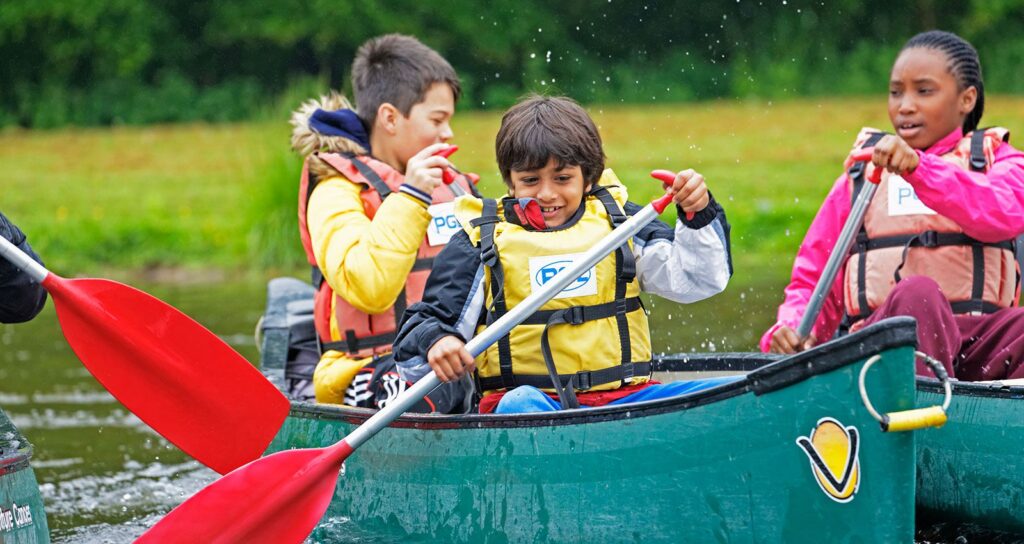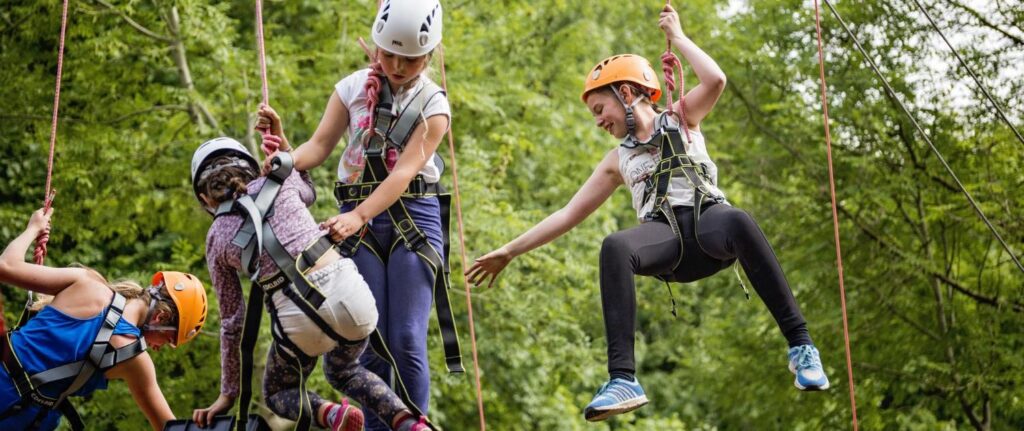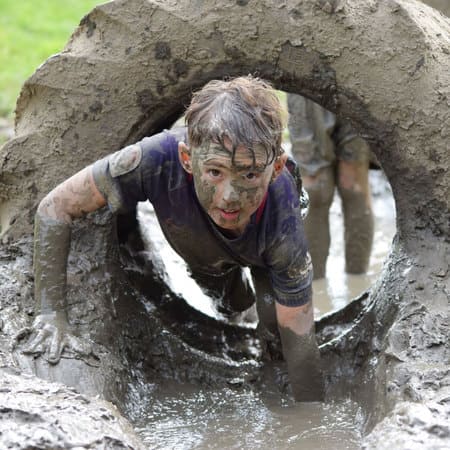It’s that time of year where primary school residential trips are coming thick and fast. The checklist of recommended items is being ticked off, the ‘in case there is an emergency, call me’ conversation is being had and the extra kisses are being planted on your child’s face before they leave for school.
These residential trips are often a cause for worry for all parties involved. Head teachers are concerned about SAT distractions, teachers are cautious of the ever-present written and unwritten risk assessments, children may be nervous about being away from home for the first time and parents are worried about everything. Despite the apprehension surrounding these trips, they are incredibly important in the personal development of children in the short- and long-term.
This blog aims to outline the benefits of the temporary changing of environment during the academic year.
Cater for the Creatives
Learning away from school is key, as that is where the majority of learning in life will occur. Some children may not enjoy the process of learning within a classroom or may not even excel at it. These residential experiences offer these individuals an opportunity to display their skill set in alternative, interactive environments. Often, these experiences take children out of their perceived comfort zones and help to facilitate a new learning and social climate.
Like any new environment, there is an opportunity for adaptation and growth.
By taking part in a residential trip, students who struggle in classroom environments are able to discover interests and skills they never knew they had. This may be evident through experiencing rural areas somewhat alien to inner-city children, new games and activities offered on the trip or from socialising with individuals they already know but in a different environment. Teachers often share that those who struggle in classroom settings come into their own when outdoors.

Breaking and Building
Where a sense of familiarity may lie with the school, club, homework, dinner and bedtime rotation, these residential trips look to throw this out the window by promoting socialising in new settings. The school wallabies being traded for wellies is a definite sign of change.
Children are encouraged to break down their perceptions of new experiences by immersing themselves to the fullest. This includes being open to learning about a completely new side to their environment, peers and teachers. Teachers and pupils are encouraged to work together within activities, which, according to Learning Away, leads to increased student-peer relationships by 75% and increased student understanding of their teachers by 84%.
Children’s capabilities to build relationships in unfamiliar environments is an incredibly important life skill and is one that is very necessary for the transition from primary school into secondary school and from childhood into adolescence. Unsurprisingly, these trips often provide the teachers a further insight into a child, their behaviours, how they function and who they are. By both children and teachers understanding each other better going into the final months of the school year, this provides an opportunity for teachers to help the student as much as they can and for children to look for help with the communication skills and trust in their teacher, developed over the residential trip.

A Paris/Prague/Budapest Equivalent
As adults living in the working world, we often organise weekends away with a partner, friends or family; these temporary escapes from normality are often exactly what we need to recharge our batteries to be able to perform at the best of our ability once returning to work, parenthood and more. Why would children be any different?
These residential trips provide a necessary change of environment for children who are fast approaching their SATs, some of their most stressful weeks to date. These few days out of the school environment can provide a much needed distraction from their normal weekly routines and act as a reward for renewed enthusiasm and effort towards learning.
We feel fortunate enough to have conversations with children upon returning from their trips and are always keen to learn about how children approach learning in new environments and how they believe these experiences are transferable to their outlook on learning in their everyday lives.

If your child has any stories from recent residential trips that you/they would like to share, we would love to hear from you.
Keep moving. Stay happy. Thanks for reading.
Coach Elliot & Coach Ben.
References and Recommended Readings:
1. Education Business. Residential Trips: are they worth it? https://educationbusinessuk.net/features/residential-trips-are-they-worth-it.
2. Learning Away. Paul Hamlyn Foundation. What makes a brilliant residential?https://learningaway.org.uk/wp-content/uploads/Learning-Away-Interim-Evaluation-Summary-2-_September-2014.pdf.
3. Teachwire. School trips – why every child deserves a residential. https://www.teachwire.net/news/school-trips-why-every-child-deserves-a-residential.
4. Wildchild. Outdoor learning – the benefits of residentials. https://www.wildchildadventure.com/blog/school-residential-trips-taking-learning-outside/.